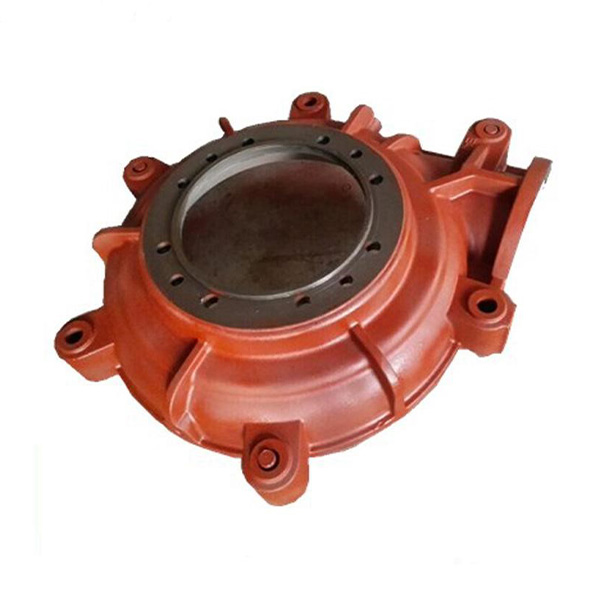Mobile:+86-311-808-126-83
Email:info@ydcastings.com
The Design and Efficiency of Monoblock Impellers in Modern Pump Systems and Applications
The Monoblock Impeller A Comprehensive Overview
The monoblock impeller is a vital component in various fluid dynamics applications, notably in pumps, blowers, and compressors. Its design typically features a single-piece construction, which distinguishes it from traditional multi-component impellers. This article delves into the unique attributes, advantages, and applications of the monoblock impeller, highlighting why it has become the preferred choice in many industries.
Design and Structure
One of the most significant characteristics of the monoblock impeller is its streamlined design. Constructed from a single block of material, which may be aluminum, stainless steel, or advanced polymers, this impeller minimizes the number of joints and potential failure points found in multi-part designs. The absence of gaps and seams contributes to improved hydrodynamic performance, as fluid flow remains uninterrupted.
Moreover, the monoblock design allows for precise manufacturing tolerances, resulting in enhanced efficiency. The manufacturing process often employs advanced techniques such as CNC machining or casting, ensuring that each impeller is produced with high accuracy and consistency. This precision not only optimizes the aerodynamic aspects of the impeller but also extends its operational lifespan.
Advantages
The monoblock impeller offers several notable advantages over traditional multi-component designs. First and foremost is its strength and durability. The single-piece construction provides superior structural integrity, enabling the impeller to withstand elevated pressures and harsh operating conditions. As a result, monoblock impellers are often used in heavy-duty applications, such as industrial pumps, where reliability is paramount.
Another advantage is the ease of maintenance. With fewer components to monitor and maintain, the monoblock impeller simplifies the overall maintenance process. This reduction in complexity translates to lower downtime and decreased maintenance costs, which is a crucial consideration for industries where operational continuity is essential.
monoblock impeller

Furthermore, the monoblock impeller achieves higher efficiency rates compared to its multi-part counterparts. The seamless design reduces energy losses caused by turbulence and cavitation, enabling machines to operate at optimal performance levels. This efficiency not only leads to cost savings on energy consumption but also contributes to a lower environmental impact.
Applications
Monoblock impellers find applications across various sectors, including water treatment, HVAC systems, and automotive industries. In water treatment facilities, they are used in submersible pumps where reliability is critical. Their ability to handle solid materials and corrosive fluids without compromising performance makes them indispensable in these environments.
In HVAC systems, monoblock impellers are frequently utilized in blowers and fans. Their efficiency helps maintain airflow while minimizing energy consumption, making them an attractive option for modern, eco-conscious building designs.
The automotive industry benefits from monoblock impellers in fuel systems and cooling systems, where efficiency and reliability are vital for overall vehicle performance. Their compact design and enhanced durability also align well with the industry's ongoing quest for lighter and more efficient components.
Conclusion
The monoblock impeller represents a significant advancement in impeller design, offering enhanced performance, durability, and ease of maintenance. Its application across diverse industries underscores its versatility and importance in fluid dynamics. As technology continues to evolve, the monoblock impeller is poised to play a crucial role in developing more efficient and reliable systems, ultimately driving innovation and sustainability in the field.
-
What Makes Stainless Steel Pump Casting Essential for Modern Industries?NewsJul.14,2025
-
Revolutionize Your Engine Maintenance with Premium Aluminum and Cast Iron ComponentsNewsJul.14,2025
-
Precision Flow Engineering Starts with the Right Pump ComponentsNewsJul.14,2025
-
Maximize Efficiency: Explore Reliable Containment and Crop SolutionsNewsJul.14,2025
-
Discover Superior Performance with Advanced Turbo ComponentsNewsJul.14,2025
-
Boost Fluid Dynamics with Precision-Engineered Pump ComponentsNewsJul.14,2025











